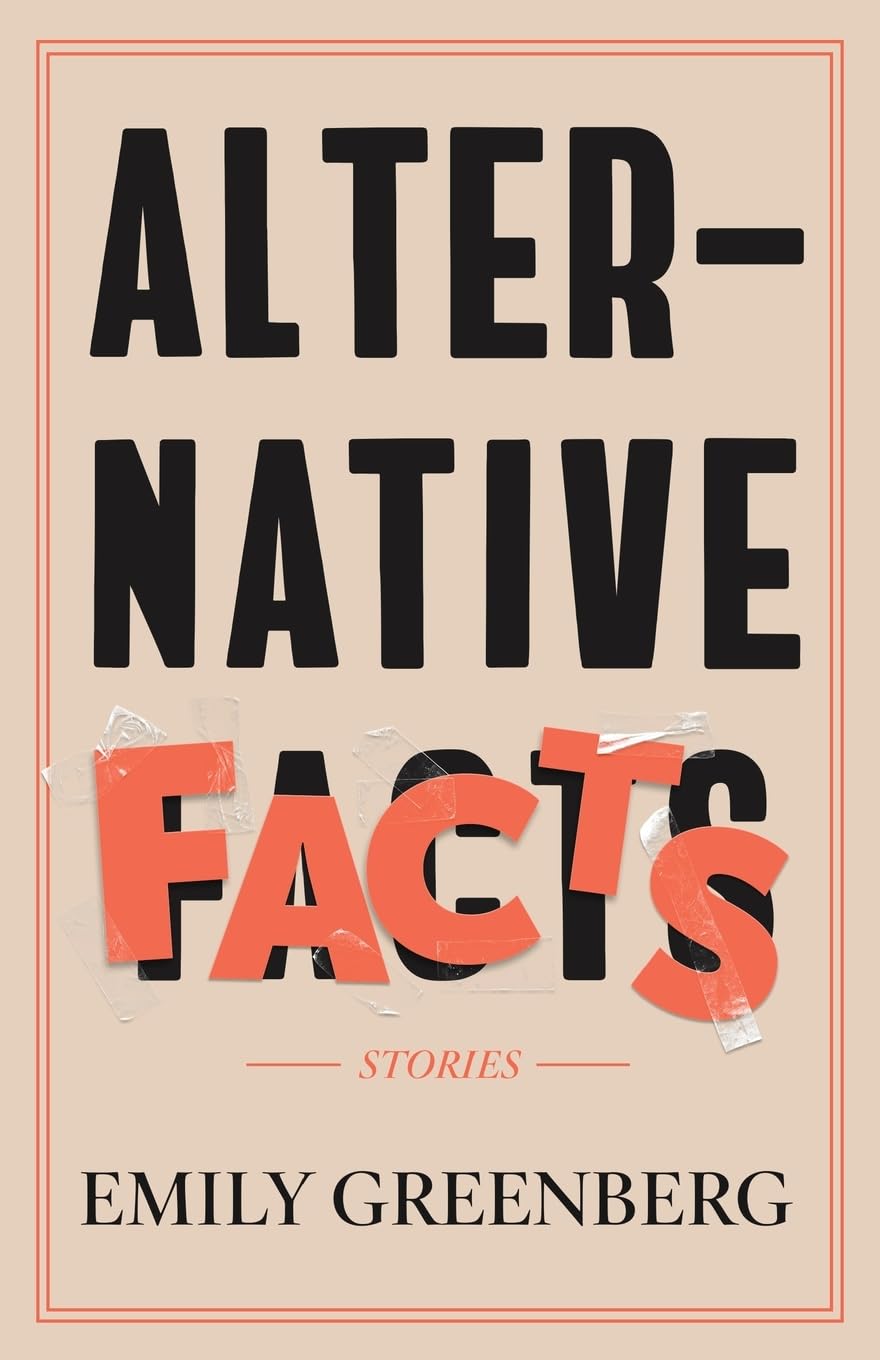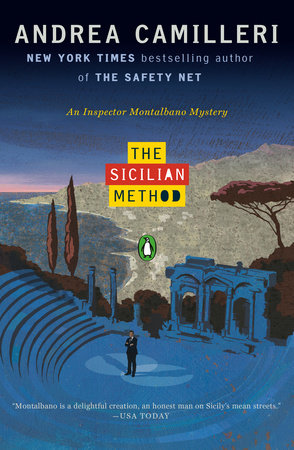Alternative Facts: Stories
- By Emily Greenberg
- Kallisto Gaia Press
- 208 pp.
- Reviewed by Matt Fleck
- February 12, 2025
These fictive renderings of real-life events aim for higher truths.

A character in Alternative Facts, Emily Greenberg’s debut collection of short stories, has a personal code. Oz is a photojournalist in Ankara who witnesses a shock assassination of the Russian ambassador to Turkey. He has his camera, so he takes pictures, and while reflecting on their subjects — the assassin and the assassinated — his code is tested. He wants to condemn the killer. Condemnation would be easy. But he forces himself to consider the context: the civil war in neighboring Syria, which Russia has made bloodier, and the assassin’s upbringing in a Turkey caught between globalization and tradition. So, Oz abides by his code: He tries “to really see [the assassin] while still holding him accountable for his actions.”
Greenberg sticks to a similar code in much of Alternative Facts. Curiosity and compassion are, of course, foundational for authors, but their exercise is highlighted here because Greenberg takes most of her characters from headlines and history books. Among others, we encounter Kellyanne Conway, Donald Trump, and the aforementioned Oz (Andrei Karlov was shot on December 19, 2016; Burhan Ozbilici was there). Greenberg imagines the inner lives of these figures — which lightning news cycles and social media almost never provide — and, at her best, entertains readers with a fresh perspective on the dizzying relationship between the truth and what distorts it.
In “Black Box,” she dramatizes the biography of B.F. Skinner, the psychologist famous for his theory that only externally observable behaviors are worth study. No one “truly is wicked,” Skinner believes, “people [only] sometimes behave wickedly.” This drives his ambition to build a society in which social conditioning — which, for Skinner, means rewards for good behavior — eradicates evil. He wins an academic following, but when he shows his wife a draft of a utopian novel that applies his ideas, she demands he destroy it. “It’s hell,” she says.
Skinner the character is a natural fit for Alternative Facts. He flattens psychology into behavior; Greenberg creates inner lives for figures who’ve been flattened. Skinner’s neglected inner life, Greenberg posits, is partially responsible for his callous theory; he is haunted by sins he committed against his little brother, who died young. But if there is no wickedness, only wicked behavior, and if humans — if Skinner — can condition the evil out of everyone, then he achieves redemption. He is not wicked; he merely acted wickedly. Greenberg melts this dichotomy into the mess of contradictions that is everyone’s life. Skinner’s wife, whom he loves but stubbornly fails to understand, wishes he would accept this mess, too.
A larger cast is granted interiority in “Lost in the Desert of the Real,” a perspective-hopping, play-by-play account of the false nuclear-missile alert in Hawaii in 2018. The story evokes the hysteria that followed Orson Welles’ radio broadcast of War of the Worlds in 1938, but cellphones and social media amplify the horror here. Responses to the false alarm proliferate at the speed of a tweet, spreading fear and igniting a news cycle that grips the country. Greenberg splices in scenes from “The Truman Show,” too, seemingly suggesting that we, rather than any malicious godlike figure, are both the inhabitants and creators of a simulation that must remain entertaining, even at the cost of death.
The less-successful tales also imagine inner lives for real people but do little else. In “Tonight Show,” for example, a question from Jay Leno triggers George W. Bush to recall a poignant moment from his childhood. The end. That this story pales beside Greenberg’s stronger offerings suggests that the mere fictionalization of actual humans and events is a project with too little potential.
But these weaker stories are the exception. More often, the author uses real people and occurrences to reveal the tensions in our own oversimplifications of the same. Her stories are fictional versions of things that happened, yes, but they’re more real than the versions in the news or on anyone’s social-media feeds.
Greenberg also demonstrates surprising range in voice, point of view, and form, making Alternative Facts a compelling read. Perhaps most notable is that she has managed to craft fiction about current events — and, consequently, about politics — with compassion but without exoneration or preaching. As conversations about the purpose of art grow louder, she shows that art can address the elephant in the room without prescribing opinions about it.
Matt Fleck is a writer and emerging filmmaker based in Washington, DC.
